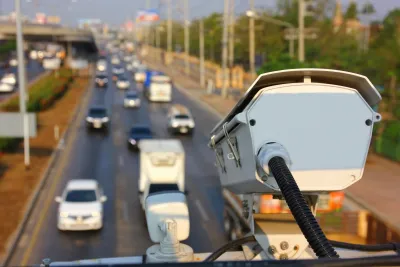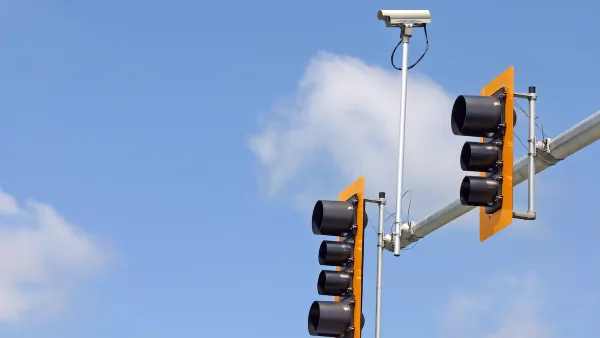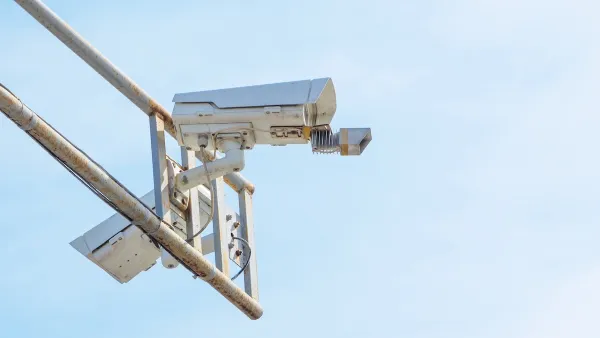The bill, aimed at testing speed cameras in the state to improve traffic safety, will go to the full State Assembly for a vote.

A California state bill that would create a speed camera pilot program in six cities took a major step when it cleared the Assembly Appropriations Committee, which it failed to do on several prior attempts. Now, as Melanie Curry reports in Streetsblog California, Assembly Bill 645 will go on to the full Assembly for a vote. If approved, it will move to the state Senate.
Automated traffic enforcement is a contentious topic, drawing criticism from a wide spectrum of opponents. Some groups, like the Western States Trucking Association, argue that the California bill is too vague and could impose hardships on low-income drivers, “despite the bills’ provisions for lower fines and multiple alternative arrangements for the fines.” Others, such as the American Civil Liberties Union (ACLU), raise concerns about privacy and disparate impacts on people of color, despite claims from supporters that cameras can reduce the potential for violent interactions with law enforcement.
Studies have repeatedly shown that traffic cameras help reduce average speeds and improve safety on dangerous roads.
FULL STORY: Speed Camera Bill Passes a Major Hurdle

National Parks Layoffs Will Cause Communities to Lose Billions
Thousands of essential park workers were laid off this week, just before the busy spring break season.

Retro-silient?: America’s First “Eco-burb,” The Woodlands Turns 50
A master-planned community north of Houston offers lessons on green infrastructure and resilient design, but falls short of its founder’s lofty affordability and walkability goals.

Delivering for America Plan Will Downgrade Mail Service in at Least 49.5 Percent of Zip Codes
Republican and Democrat lawmakers criticize the plan for its disproportionate negative impact on rural communities.

Test News Post 1
This is a summary

Test News Headline 46
Test for the image on the front page.

Balancing Bombs and Butterflies: How the National Guard Protects a Rare Species
The National Guard at Fort Indiantown Gap uses GIS technology and land management strategies to balance military training with conservation efforts, ensuring the survival of the rare eastern regal fritillary butterfly.
Urban Design for Planners 1: Software Tools
This six-course series explores essential urban design concepts using open source software and equips planners with the tools they need to participate fully in the urban design process.
Planning for Universal Design
Learn the tools for implementing Universal Design in planning regulations.
EMC Planning Group, Inc.
Planetizen
Planetizen
Mpact (formerly Rail~Volution)
Great Falls Development Authority, Inc.
HUDs Office of Policy Development and Research
NYU Wagner Graduate School of Public Service





























